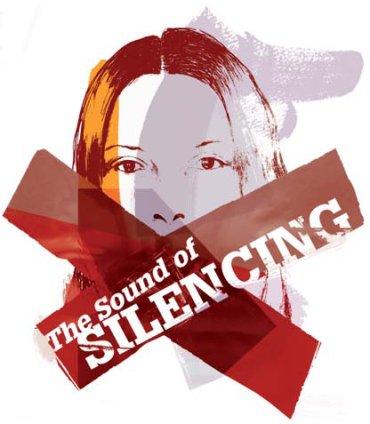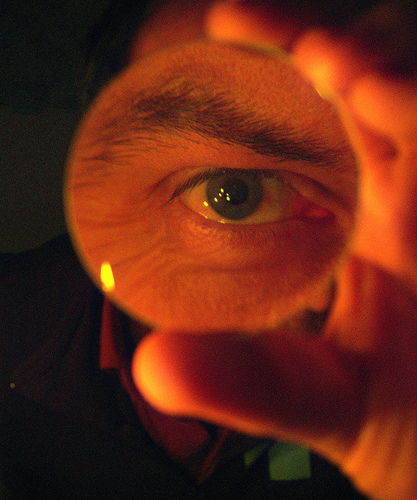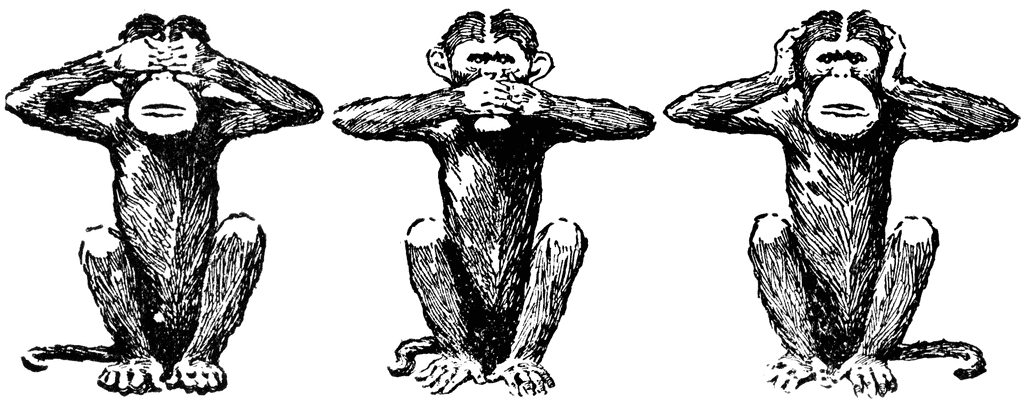
I was thrilled when
Eric Goldman, cyberlaw professor at Santa Clara University and director of the school's High Tech Law Institute, agreed to a Q&A with catching dandelions. I recently
wrote about the point Prof. Goldman made at the Silicon Flatirons conference earlier this month on "Why Wikipedia Will Fail." He believes that Wikipedia has to wrestle between being high-quality and open to the public to edit, but it can't be both.
Eric Goldman's research focuses on internet law, intellectual property, marketing, and the legal and social implications of new communication technologies. You can read his blogs
here and
here and follow him on
Twitter.
Q: If Wikipedia should choose between being high-quality and freely editable, which one would you prefer they choose? Why?High quality. Otherwise, the database becomes useless. In fact, Wikipedia has implicitly chosen higher quality as they slowly "raise the drawbridge" on user editability. See, e.g., their recent "Flagged Revisions" proposal.
Q: You must have heard about the WikiDashboard designed by PARC that allows for more transparency on Wikipedia entries. Do you think that the dashboard will help raise the quality level of Wikipedia entries?It is a mixed blessing. On the one hand, additional transparency can help identify and fight malicious edits. On the other hand, when Wikipedia editors overreact to companies or individuals editing entries in which they may have an economic interest, increased transparency may paradoxically increase unwarranted reverts.
Q: Why do people still source Wikipedia - like the German press recently did with the name of the new economic affairs minister - knowing full well that it is littered with dandelions?That's a great question, and I'm not sure if I have the complete answer. One hypothesis is that searchers assume that a high Google ranking means that the site is trustworthy. Another is that people still assume anything in digital format is trustworthy.
Q: I love Wikipedia and know many people who do. Although we don't believe it is high-quality, it is good enough. At the very least, you learn something new. Why can't Wikipedia just be "good enough"?I think Wikipedia is a terrific resource when used properly. However, I fear that Wikipedia will be overrun by spammers and vandals, at which point it may no longer be good enough.
Q: With so many dandelions in cyberspace, do you think our notion of trust has been reshaped by the web? When my generation was in school, we were not trained how to assess the credibility and veracity of printed information. For the most part, we assumed that printed information was presumptively credible. I hope that future generations will be trained differently in school and will realize the importance of determining credibility. Personally, I don't see any other viable path for the future. If in fact students are better trained in the future, then our norms about trusting online content will be radically reshaped.
Q: What are your three FAVORITE dandelions?I had never really thought about this! Some favorites:
Zeran v. America Online. An anonymous AOL user pulled a very nasty prank on Kenneth Zeran by posting fake but highly inflammatory content online with Zeran's home/business phone number. The hostile reaction caused Zeran to be out of business for weeks and to get police surveillance because he got so many death threats.
Listings on dating websites falsely saying that the prank's victim is looking for sex.
Carafano v. Metrosplash is an early example, but there have been others.
Google News' republication of a story about United Airlines' bankruptcy with an ambiguous date stamp, which helped cause United Airlines' stock to plummet by 75%, costing investors hundreds of millions of dollars in market cap for a short period of time. For a two-decade old example of a similar problem, see
Daniel v. Dow Jones.
Thanks Professor Goldman!
 Publishing companies are struggling these days so it's no surprise to see the once super thick line between content and marketing getting a whole lot thinner. We've seen this phenomenon happening for some time in the mainstream press and the trades, but now it's hit the academic journals. And academics are pissed.
Publishing companies are struggling these days so it's no surprise to see the once super thick line between content and marketing getting a whole lot thinner. We've seen this phenomenon happening for some time in the mainstream press and the trades, but now it's hit the academic journals. And academics are pissed.

 It's official.
It's official.
































